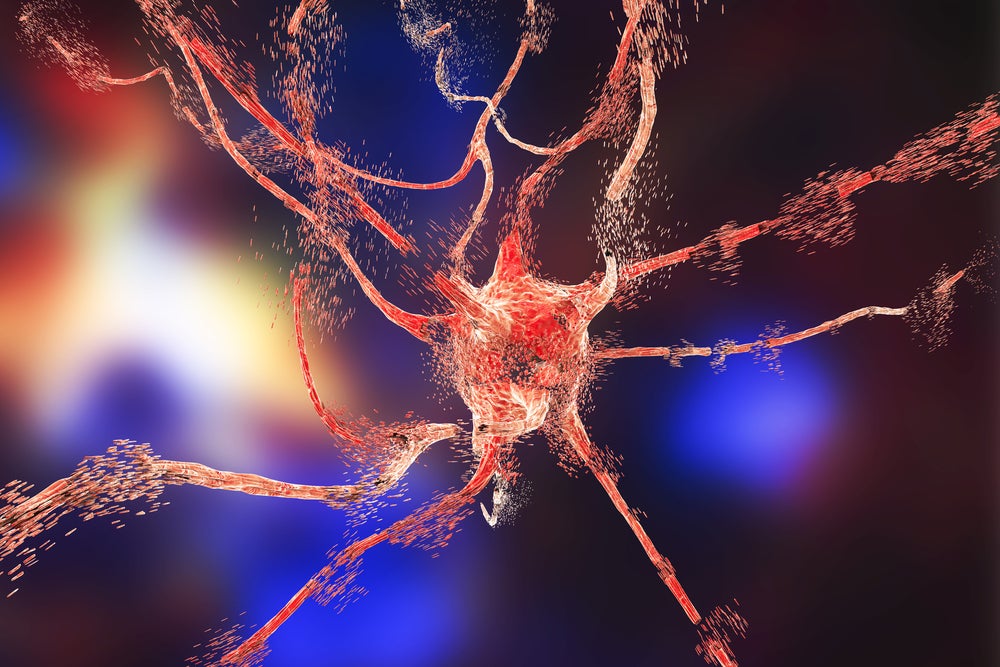
Two Boston-based companies, Yumanity Therapeutics and Proteostasis Therapeutics, have signed a merger agreement. As a result of this merger, which is expected to close in the fourth quarter of 2020, the two companies will operate under the name of Yumanity.
Following the completion of the deal, Proteostasis shareholders will own approximately 32.5% of the shared company, while Yumanity shareholders will own the remaining 67.5%.
Yumanity’s current CEO, president and director Richard Peters will become the CEO and director of the combined company. Yumanity’s board of directors will be expanded and two Proteostasis directors will be appointed.
“Proteostasis and Yumanity’s technologies are both rooted in a shared scientific legacy, which is the discovery and development of therapies to treat diseases driven by dysfunctions in protein folding,” explains Proteostasis president and CEO Meenu Chhabra. “We believe that this offers shareholders a broad platform for value creation.”
“We believe the combined company is well-positioned to advance multiple programs into and through the clinic,” adds Peters. The merger will also allow for “access to additional capital, [and] an expanded set of investors to complement the strong group of investors we bring to this transaction”.
The new combined company will leverage both companies’ protein misfolding expertise to further develop Yumanity’s existing neurodegenerative disease programmes.
How well do you really know your competitors?
Access the most comprehensive Company Profiles on the market, powered by GlobalData. Save hours of research. Gain competitive edge.

Thank you!
Your download email will arrive shortly
Not ready to buy yet? Download a free sample
We are confident about the unique quality of our Company Profiles. However, we want you to make the most beneficial decision for your business, so we offer a free sample that you can download by submitting the below form
By GlobalDataThe end of Proteostasis’ CF programme
Although the new combined company will focus its efforts on using protein misfolding to advance treatments for neurodegenerative disorders, this disease area has not been the focus for Proteostasis to date. Instead, the company has been using its protein misfolding technology to advance therapeutics for cystic fibrosis (CF).
Proteostasis’s protein misfolding approach therefore centres around the CFTR gene that is known to be the underlying cause of CF. To this end, the company has developed a pipeline of enhanced CFTR modulators.
However, as a result of the merger with Yumanity, Proteostasis is pursuing a strategic transaction for these products. Chhabra explained in a statement: “We believe that our CF drug candidates have the highest probability of reaching patients in the hands of a pharmaceutical company with global development and commercialization capabilities that shares our vision of empowering the global CF patient community with more treatment options.”
Now Proteostasis’s protein misfolding expertise will be used to support Yumanity’s pipeline of disease-modifying therapies for neurodegenerative diseases. Bringing together two companies with overlapping expertise will bring “that science one step closer to novel solutions for patients suffering from the debilitation of neurodegenerative diseases,” noted Yumanity co-founder and chairman Tony Coles.
Protein misfolding and neurodegenerative diseases
Yumanity focuses on “accelerating the revolution in the treatment of neurodegenerative diseases”, a complex therapeutic area that has been plagued with a lack of adequate treatment options and many trial failures. Yumanity wants to change this paradigm using in-licensed protein misfolding technology from the Massachusetts Institute of Technology’s Whitehead Institute, according to Peters.
“This core technology enables us to rapidly screen for disease-modifying drugs that can overcome toxicity in disease-causing gene networks that generate misfolded protein,” Peters explains. “Protein misfolding plays a key role in neurodegenerative diseases including Parkinson’s disease, ALS [amyotrophic lateral sclerosis] and Alzheimer’s disease.”
Using this technology, Yumanity has managed to identify 15 novel targets for neurodegenerative diseases.
Yumanity’s lead candidate is YTX-7739; it is being studied in Phase I clinical trials to treat Parkinson’s disease. “Using our discovery engine and Parkinson’s disease patient cell lines, we identified SCD as a biological target enzyme for diseases caused by α-synuclein-mediated toxicity,” explains Peters. “YTX-7739 is designed to inhibit SCD to reduce α-synuclein-mediated toxicity within cells.”
Results from the Phase Ib study in Parkinson’s patients are expected in the second quarter of 2021, while data from a study of YTX-7739 in healthy volunteers will be published in the first quarter of next year.
Yumanity is currently collaborating with Merck on its ALS and frontotemporal lobar dementia (FTLD) programmes. The partnership, which was agreed in June 2020 and involved $500m in upfront and milestone payments, has supported Yumanity financially during the ongoing Covid-19 pandemic.



